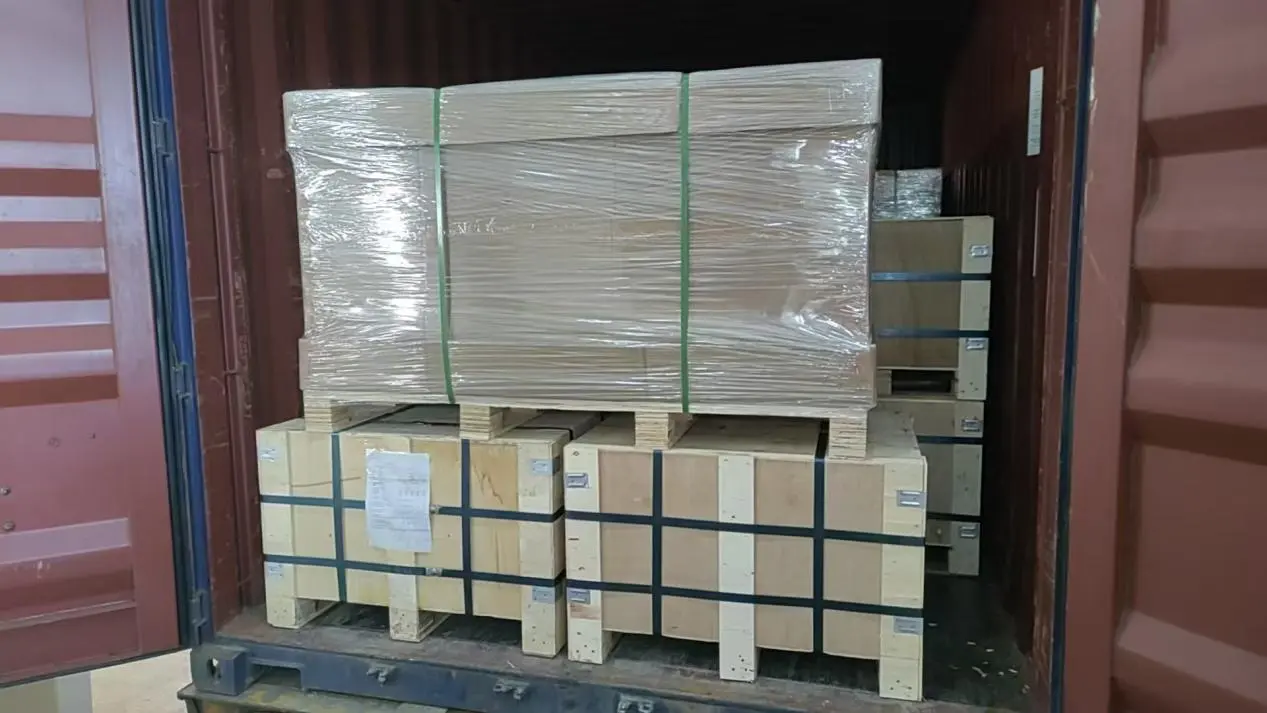01020304
Impact Of Houthi Armed Attacks On International Logistics And Freight Forwarding
2024-09-27
In recent months, the conflict in Yemen has continued to escalate, with Houthi armed attacks severely affecting the Red Sea routes. The turmoil has led to disruption in the international logistics sector, especially for freight forwarders and shipping companies operating in the region. The strategic importance of the Red Sea as a major shipping lane cannot be overstated, as it connects Europe, Asia and Africa and facilitates the global flow of goods.
Houthi attacks have led to increased risks for ships traveling through these waters, prompting many shipping companies to reconsider their routes. This has resulted in reduced connectivity of Eastern Mediterranean ports that are crucial for the import and export of goods. Freight forwarders play a vital role in managing shipping logistics and are now facing significant challenges. Delays, increased insurance costs, and the need for alternative routes have all contributed to a more complex and expensive transportation environment.
Moreover, the chaos in the Red Sea has implications beyond immediate shipping issues. It affects global supply chains, leading to potential shortages and higher prices for consumers. Companies that relied on just-in-time delivery are now forced to adapt to an uncertain and disruptive environment.
To address these challenges, many freight forwarders are exploring innovative solutions, such as route diversification and strengthening cooperation with local logistics providers. By leveraging technology and improving communications, they aim to mitigate the impact of these geopolitical tensions on their operations.
As the situation evolves, the international logistics community must remain vigilant and adaptable. The resilience of freight forwarders and shipping lines will be tested, but with strategic planning and collaboration, they can navigate these turbulent waters and continue to facilitate global trade.



















